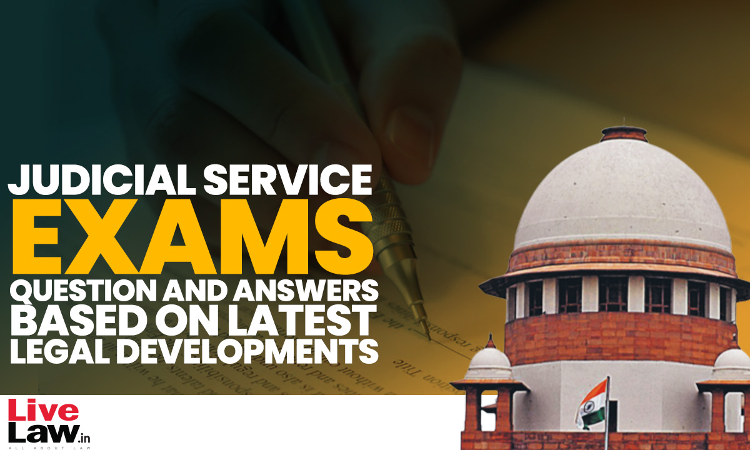Important MCQs Based On Latest Supreme Court Judgments For Law Examinations
Yash Mittal
10 March 2024 12:45 PM IST

Next Story
10 March 2024 12:45 PM IST
Q 1. When the Police Officer uses a case diary to refresh their memory, can the accused be permitted to rely on a case diary to cross-examine the police? State the correct position of law. a. The accused wouldn't be permitted to rely on a case diary to cross-examine the police. b. When the police officer uses a case diary to refresh his memory, the accused will get a right to access it...
